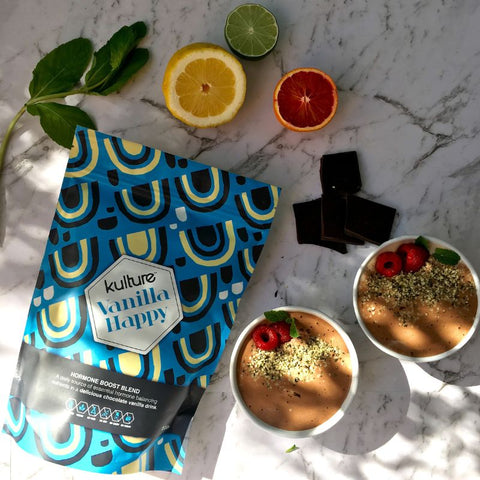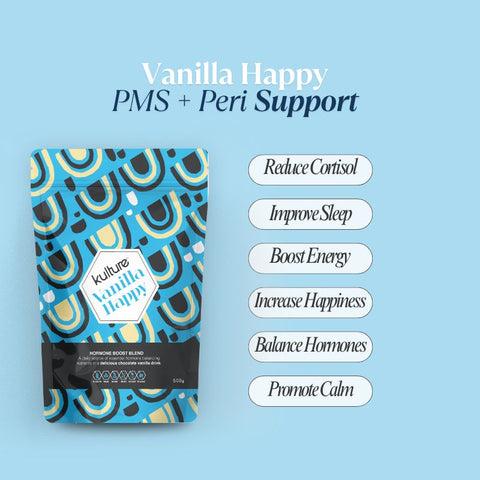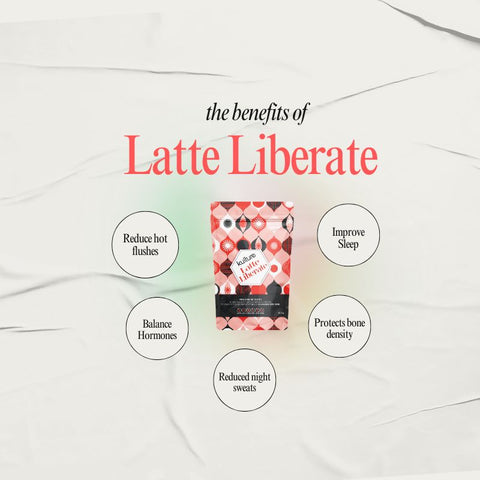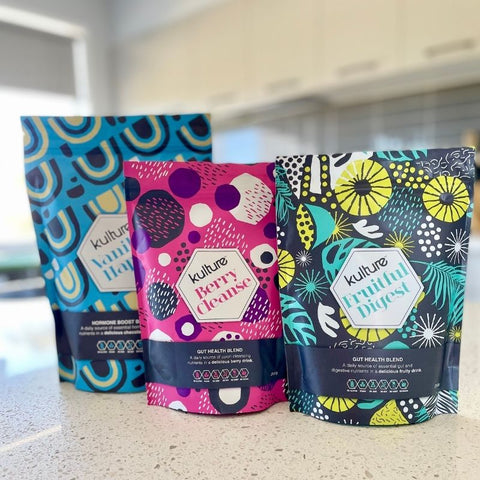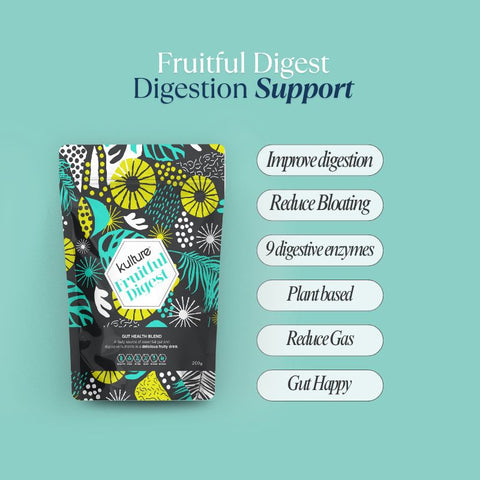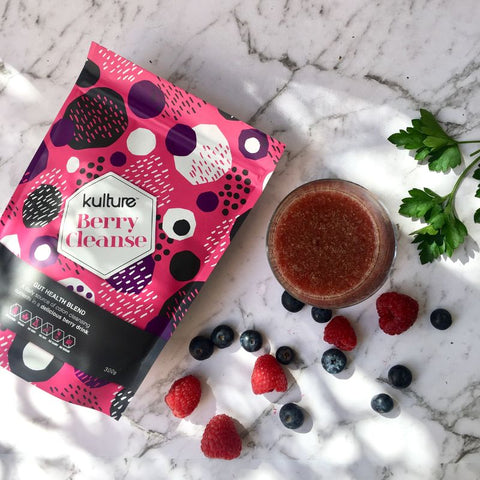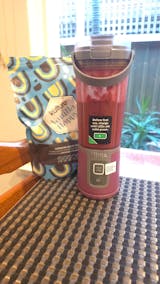Protein consists of one or more long-chain amino acids and performs an array of functions in the body. It is most popularly known as the building blocks of muscles. It is one of three macronutrients in food, with the other two being fats and carbohydrates.
A lot of the popular diets are centered around eating less (or more) of the two more popular macronutrients. Low fat diets have been popular in the past. Now, high fat, low carb diets have been making the rounds. Protein hasn’t been discussed much and most people think we eat too much of it anyway. No one gives a second thought if we are actually getting enough protein from our diets.
Do you know how much protein you eat?
A lot of people don’t actually pay attention to what they eat. Unless you are staunchly counting your macros, not everyone knows what their optimum recommended nutrient intake (RNI) of protein really is or how much protein should we eat. It shouldn’t come as a surprise that most of us don’t actually hit our target RNI for protein.
Our protein requirements change as we grow older. As a rule of thumb, the older we get, the more protein we need in our diet. The standard RNI US recommendation for protein is as follows [1]:
- 1-3 year olds need about 14.5 grams
- 4-6 year olds need 19.7g
- 7-10 year olds need 28.3g
- 11-14 year old males need 42.1g
- 11-14 year old females need 41.2g
- 15 - 18 year old males need 55.2g
- 15 – 18 year old females need 45.0g
- Men between 19 and 50 years old need 55.5g
- Women between 19 and 50 years old need 45.0g
- Men 51 years old or above need 53.3g
- Women 51 years old or above need 46.5g
Pregnant and breastfeeding women have different requirements. Pregnant women need 51g of protein a day, while nursing women need 53 to 56g of protein a day.
We can’t always measure the protein present in our diets. Our best bet is to estimate the amount of protein we get. In a balanced diet, 15% of our calories should come from protein.
How to spot the signs of low protein intake
How would you know if you’re not getting enough protein? Here are a few signs:
- You have food cravings
- You have slow recovery and repair response
- You have thinning or falling out hair
- Your skin and nails look terrible too
- You have muscle and joint pain
- You’re always getting sick
- You can’t focus
- You have trouble sleeping
What are good sources of protein? Eggs, fish and seafood, dairy products, lean beef, white meat poultry, and beans are very good sources of protein. Try to incorporate any of these into your regular meals.
Reference:
https://www.webmd.boots.com/healthy-eating/guide/getting-enough-protein




